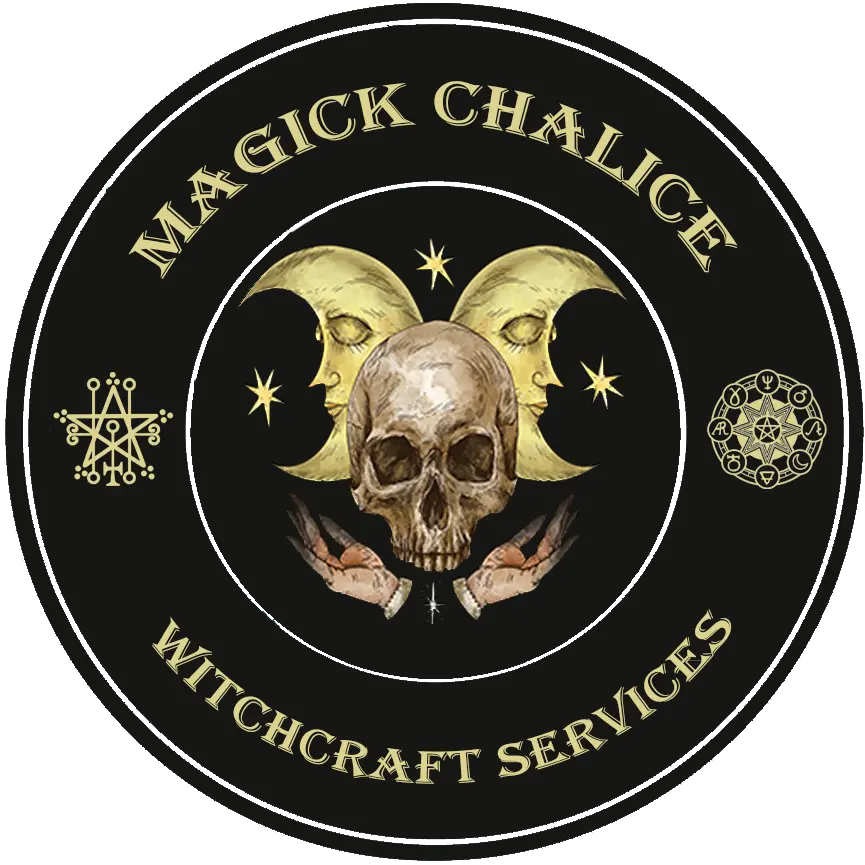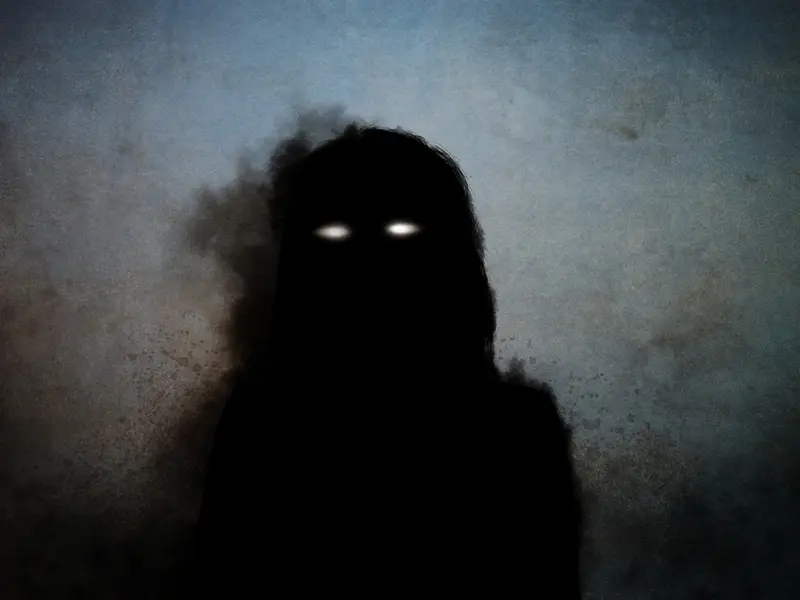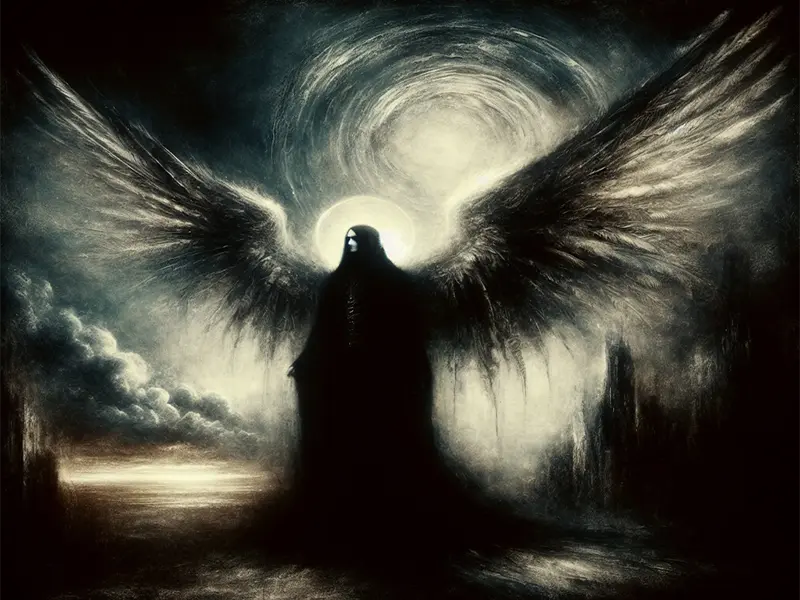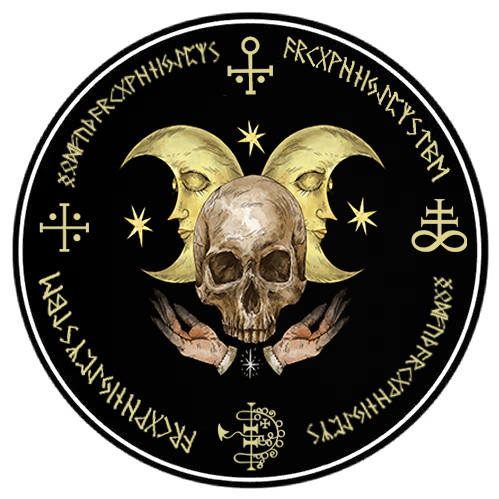Beelzebub one of the most mysterious figures in demonology. Known as a demon lord and also referred to as the demon king, he appears in the biblical texts, religious interpretations, and also in occult literature. Many associate him with evil demons, demonic entities, and even gluttony or envy in classifications of demons.
In this blog, we will learn about the origins of this demonic entity, his biblical and demonological roles, and the And the legends about him, including the famous Testament of Solomon.
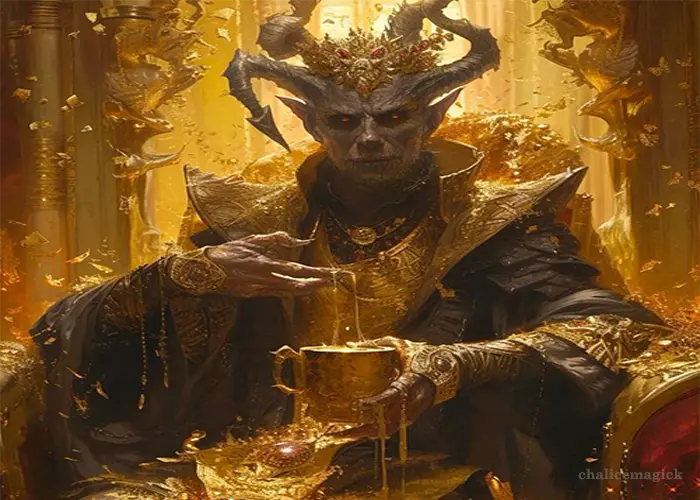
Beelzebub in the Bible
Baal-zebub appears in the Second Book of Kings as the god of Ekron. And during that time the king of Israel Ahaziah was sick so he was sending his messengers to consult Beelzebub for guidance on his recovery. This is what led the prophet Elijah to intercept them and declare that the King Ahaziah would only die if he continued to rely on Beelzebub Instead of praying to God.
In the New Testament, this demon is mentioned as a prince of demons in the accounts of Jesus’ miracles. Pharisees accused Jesus of driving out demons by Beelzebub, implying that he had an alliance with this powerful demonic entity. Jesus denied their claim, explaining that a kingdom divided against itself cannot stand, affirming that his power came from God and not the demon.
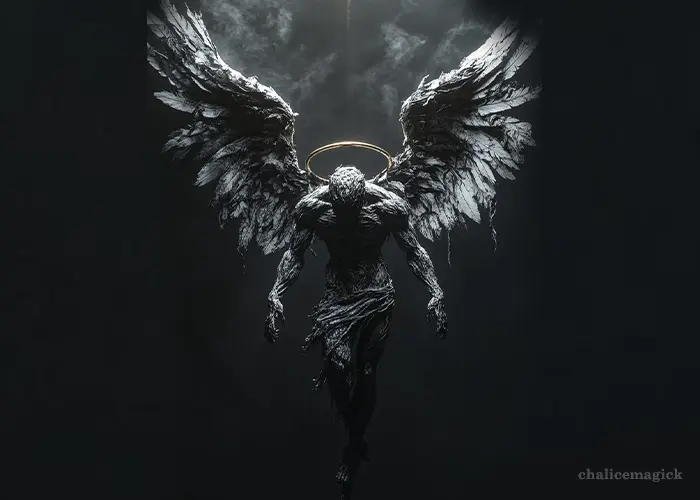
Baal-zebub in Demonology
In demonology, especially in Peter Binsfeld’s classification, this demon is considered one of the seven princes of hell, representing either gluttony or envy among the seven deadly sins.
Later Christian interpretations also portray him as a high-ranking demonic entity or even a second-in-command under Lucifer. Some occult texts link Beelzebub to the Lord of the Flies, referencing his derogatory Hebraic title and connection with filth.
The Testament of Solomon and Beelzebub
The Testament of Solomon, a non-canonical text, gives an extensive account of this demon powers. According to the story:
Solomon receives a signet ring from Archangel Michael, allowing him to command demons.
Onias, a demon under Beelzebub’s authority, is sent to summon Beelzebub.
Baal-zebub identifies himself as the Prince of all demons, controlling chief demons and manifesting their appearances.
He reveals weaknesses, including the power of God’s name, which can force him to disappear.
Baal-zebub admits to inspiring envy, murder, and other evil acts to disrupt humanity.
This story illustrates Beelzebub’s influence as a demon lord and highlights the ancient fascination with his power and hierarchy.
Traits and Symbolism of Baal-zebub
Baal-zebub is often associated with:
Gluttony: Excessive desire for power and destruction.
Envy: Inciting jealousy among humans.
Destruction: Leading kings and tyrants astray.
In literature, he is sometimes depicted with various symbols, including the Beelzebub sigil, and is occasionally called the bee eater, though this is more allegorical than canonical.
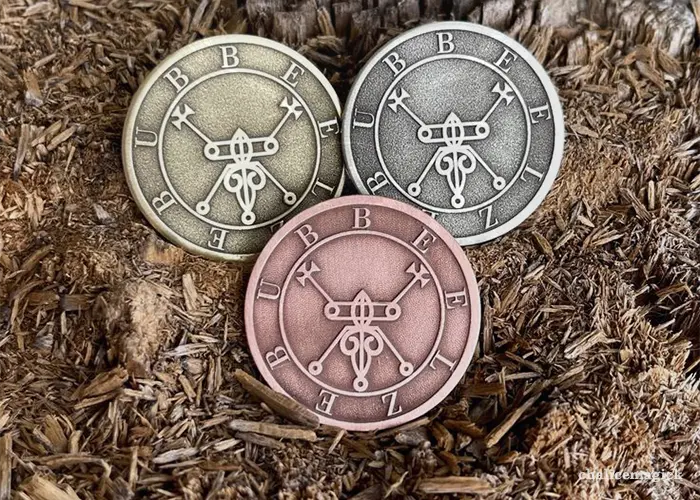
Traits and Symbolism of Baal-zebub
Over centuries, Baal-zebub has appeared in:
– Biblical references as a deity or prince of demons.
– Demonology as a high-ranking demonic entity.
– Occult literature, like the Testament of Solomon.
– Modern media and poetry, inspiring works around evil demons and the demonic hierarchy.
Baal-zebub role has evolved, from a Philistine god to one of the most recognized demon kings in spiritual literature.
How to Protect Yourself from Demonic Entities
Whether studying this demon from a religious or occult perspective, understanding the danger of demonic forces is crucial. Protective practices include:
– Seeking guidance from experienced spiritual specialists.
– Using protective rituals, prayers, or spells.
– Incorporating sacred symbols or sigils for spiritual defense.
– Maintaining awareness of negative influences in personal and professional life.
Final Thoughts
this demon remains one of the most enigmatic figures in demonology, straddling biblical texts, legends, and occult practices. Recognizing his role as a demon lord or evil demon helps scholars, enthusiasts, and spiritual practitioners understand his historical and cultural context.
And for those seeking to discover the spiritual world further, a demon pact with Baal-zebub can be made under an expert guidance
Frequently Asked Questions (FAQ)
Who is Beelzebub in the Bible?
Baal-zebub is the god of Ekron mentioned in the Second Book of Kings and later referenced as a prince of demons in the New Testament.
What is the Testament of Solomon?
A non-canonical text describing how Solomon commanded demons, including Baal-zebub, to perform tasks and reveal their powers.
How can I protect myself from demonic forces?
Seek guidance from experienced spiritual specialists, use protective rituals, and maintain awareness of negative influences.
